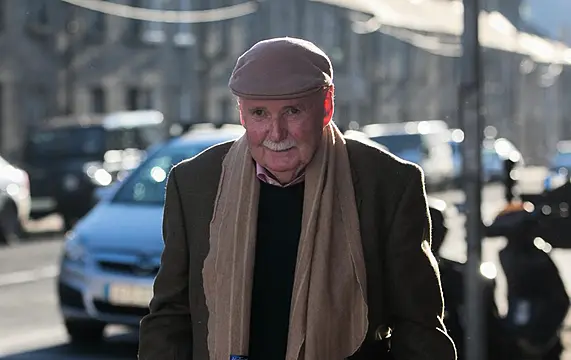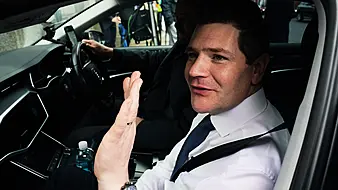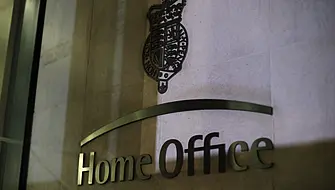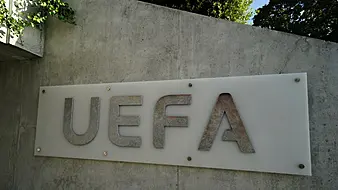Former Irish Nationwide Building Society head Michael Fingleton has failed to convince the Court of Appeal that a trial over alleged mismanagement of the collapsed lender should be dismissed or permanently suspended due to severe ill health and the passage of time.
The three-judge court cleared the way on Wednesday for Mr Fingleton (85) to defend the long-awaited action brought against him by the special liquidators of the Irish Bank Resolution Corporation (IBRC), which took control of Irish Nationwide in 2011 after it failed.
This is despite the fact Mr Fingleton lacked mental capacity to manage his affairs and the appeal proceedings were reconstituted, so they could be conducted by his wife and son, as his attorneys.
No discharge
The court said Mr Fingleton did not discharge the “very high burden” he faced in the application and did not show there is either a real or serious risk of an unfair trial or unjust result.
He also did not establish there is a “clear, patent injustice in asking him to defend the proceedings”, said Ms Justice Caroline Costello, Mr Justice Robert Haughton and Mr Justice Donald Binchy in a co-authored judgment.
The IBRC sued Mr Fingleton in 2012 for alleged negligent mismanagement of the building society. It was initially claiming for damages of €6 billion– the sum lost by the building society after the 2008 property crash.
During the appeal hearing in December, counsel for the liquidators of IBRC, which went into liquidation in 2013, confirmed they would be limiting their claim to damages arising from five series of loans, the judge said.
Revised claim
The appropriate value of the claim was now for about €290 million, relating to certain loans issued in Ireland and England from 2006 to 2009, the court was told.
This “very significant change” leaves a case alleging negligence and/or breach of a director's duty to exercise due skill, care and diligence in authorising and advancing these specified loans over the three-year period, the judges said.
It no longer spans Mr Fingleton’s tenure leading Irish Nationwide from 1971 to 2009, during which he was managing director and then chief executive.
It follows then, that no prejudice can arise from Mr Fingleton’s inability to address these issues, as they are no longer being pursued, the court said.
Mr Fingleton’s son had further pleaded prejudice would occur in meeting this narrower claim.
The judges noted Mr Fingleton’s son has been assisting his father with the trial case since 2013. He did not claim in court that prejudice would arise as a result of a potential loss of documents or witnesses due to the passage of time.
Much of the evidence to be presented in defence at the trial will not depend on Mr Fingleton’s personal evidence “even if he were well and in a position to give evidence on his own behalf”, the court ruled.
This is apparent from the nature of his pleaded defence and the now limited nature of the claim being pursued, it said.

Many of the facts can be independently established without the need for evidence from Mr Fingleton, the judges added.
The IBRC accepted there is a “significant litigation disadvantage” to Mr Fingleton as a result of his inability to give legal instructions and assist in preparing his defence, but “this in and of itself is not determinative”, the judges said.
Mr Fingleton had appealed against the High Court’s rejection of attempt to stop the trial going ahead on grounds of his ill health. The former INBS chief executive appealed against the High Court’s May 2021 rejection of his bid to halt the trial.
The Court of Appeal dismissed his appeal.







